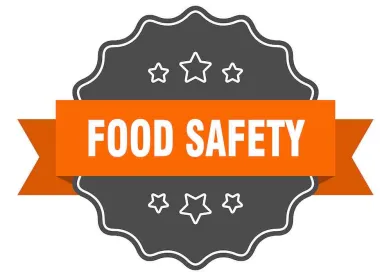-
On December 20, the FDA issued the final guidance document, “Best Practices for Convening a GRAS Panel.” A “GRAS panel” means a panel of qualified experts who independently evaluate whether the available scientific data, information, and methods establish that a substance is safe under the conditions of its intended use in human food or animal food as part of a Generally Recognized As Safe (GRAS) determination.
-
In most cases, a substance’s GRAS status can be determined without a GRAS panel if the safety of the substance is supported by evidence of general acceptance. For example, peer-reviewed primary safety studies or secondary reviews of primary literature may provide evidence of general acceptance. However, the guidance explains the value of a GRAS panel in providing evidence to support “general acceptance,” and also highlights best practices to help those interested in convening a GRAS panel:
-
Identify GRAS panel members who have appropriate balanced expertise;
-
Take steps to reduce the risk that bias will affect the credibility of the GRAS panel report, including the assessment of potential members for conflict of interest and the appearance of conflict of interest; and
-
Limit the data and information provided to a GRAS panel to public information (e.g., by not providing the GRAS panel with information such as trade secret information).
-
-
The FDA intends for the clarification of best practices to help promote a consistent, science-based approach to evaluating the safety of substances added to human or animal food. The Agency advises that the recommendations of this final guidance be consulted regardless of whether the GRAS status is submitted to the FDA as a GRAS Notice or whether it is an independent conclusion (i.e., self-GRAS position).
FDA Issues Final Guidance on GRAS Panel Best Practices
Wednesday, December 21, 2022
Current Public Notices
Published: 11 August, 2025
Published: 11 August, 2025
Published: 8 August, 2025
Published: 8 August, 2025
Published: 30 July, 2025
Published: 29 July, 2025
Published: 28 July, 2025
Published: 23 July, 2025
Published: 21 July, 2025
Published: 18 July, 2025
Published: 10 July, 2025
Published: 26 June, 2025



 />i
/>i

